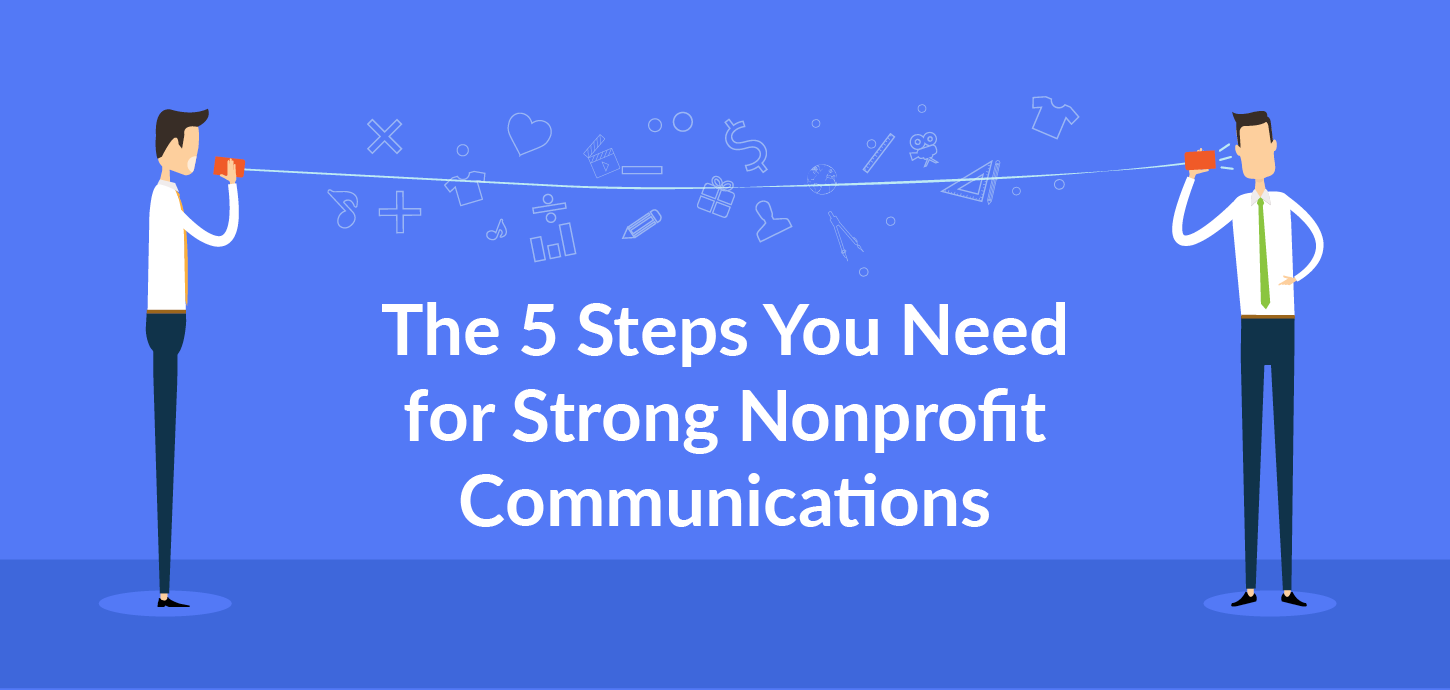Discovering the Diverse Functions and Duties of a Nonprofit Company in Resolving Social Issues and Promoting Modification
Not-for-profit agencies offer as critical agents of change within society, tackling a myriad of social issues through multifaceted approaches. Their obligations prolong beyond plain solution provision; they involve in campaigning for, source mobilization, and neighborhood outreach, commonly acting as a bridge in between marginalized populaces and vital services.
Comprehending Nonprofit Agency Roles
The effectiveness of not-for-profit companies pivots on a clear understanding of their diverse duties within society. Nonprofit companies commonly work as service companies, supplying necessary programs and sources to underserved populations.
In addition, nonprofits play an essential duty in advocacy, elevating understanding and influencing policy choices that affect their neighborhoods. By participating in research study and public education, these companies aid form public discourse and advertise notified decision-making - nonprofit agency. They additionally act as systems for volunteerism, activating community participants to contribute their time and skills toward collective goals
Furthermore, nonprofit agencies typically serve as conveners, bringing with each other varied stakeholders to cultivate collaboration and collective effect. This collaborative technique enhances their capability to address facility social problems efficiently. Comprehending these diverse functions is vital for optimizing the possibility of not-for-profit agencies in creating sustainable social adjustment and boosting total area wellness.
Neighborhood Engagement and Outreach
Efficient area interaction and outreach are basic components of not-for-profit agencies' approaches to promote links and build depend on within the neighborhoods they serve. These initiatives concentrate on comprehending neighborhood requirements, promoting recognition of available sources, and encouraging involvement in programs designed to address social issues. Not-for-profit organizations employ a selection of methods to engage with neighborhood participants, such as workshops, informative sessions, and joint occasions.
Outreach campaigns serve to enhance partnerships with varied populations, particularly marginalized groups that might deal with barriers to accessibility. By using culturally appropriate communication strategies and leveraging local collaborations, nonprofits can enhance their exposure and demonstrate their dedication to neighborhood empowerment. This strategy not just grows a feeling of belonging but also enhances the probability of continual involvement.
Additionally, efficient area engagement surpasses mere involvement; it includes actively listening to area members' feedback and incorporating their insights into program growth. This collaborative procedure ensures that the solutions offered are receptive, relevant, and tailored to the unique obstacles encountered by the neighborhood. Eventually, promoting strong links via involvement and outreach can lead to even more impactful interventions and a better collective initiative towards advertising favorable social modification.
Advocacy and Plan Impact
Advocacy works as a crucial system for not-for-profit agencies to affect public law and drive systemic adjustment. By leveraging their proficiency and community understandings, these organizations can successfully represent marginalized populaces and address pressing social concerns. Nonprofits involve in campaigning for with different approaches, including public awareness projects, grassroots mobilization, union building, and direct lobbying of policymakers.
With these initiatives, not-for-profit agencies intend to shape regulations and policy frameworks that straighten with their goal and the needs of the neighborhoods they serve. They carry out study, gather data, and share engaging stories to highlight the necessity of details issues, guaranteeing that decision-makers are notified and motivated to act. This process not just intensifies the voices of those impacted by social oppressions yet also cultivates a much more inclusive and equitable policymaking setting.
In addition, advocacy efforts commonly seek to create long-lasting architectural modifications, dealing with origin instead of simply reducing signs and symptoms. By prioritizing policy impact, nonprofit agencies add to a broader understanding of social obstacles and promote options that can cause lasting improvements in societal well-being. Ultimately, campaigning for is fundamental to the transformative duty nonprofits play in producing a simply and equitable culture.
Fundraising and Source Monitoring
Not-for-profit companies rely upon robust fundraising and resource monitoring strategies to support their campaigning for initiatives and sustain their missions. Efficient fundraising is essential for ensuring the schedule of economic resources necessary to carry out programs and tasks that deal with pushing social problems. This process usually involves diversifying earnings streams through grants, private donations, corporate sponsorships, and fundraising occasions. By employing a multi-faceted method, nonprofits can alleviate the risks connected with dependence on a right here single financing resource.
Resource monitoring is similarly crucial, as it entails the calculated allotment of both financial and human resources to take full advantage of influence. Nonprofits should establish budgets that align with their goals while making sure transparency and accountability to stakeholders. This involves regular monitoring of expenses and changing approaches as required to enhance resource usage.

Collaboration and Collaborations
While numerous companies seek their missions individually, cooperation and collaborations can dramatically boost the performance of not-for-profit companies. By interacting with other nonprofits, government entities, and economic sector organizations, nonprofits can pool sources, share knowledge, and intensify their influence on social concerns. Collaborative initiatives typically cause innovative solutions that may not be achievable separately, leveraging the strengths of each companion to deal with complex challenges.

Ultimately, reliable cooperation calls for clear interaction, shared objectives, and shared regard among partners. By welcoming a participating strategy, nonprofit agencies can produce sustainable networks that not only official site address instant social issues but additionally contribute to lasting systemic adjustment, promoting a much more fair culture. Through cooperation, nonprofits can grow and optimize their potential for meaningful impact.
Final Thought
Not-for-profit firms work as vital entities in promoting and addressing social concerns change within neighborhoods. Through diverse features such as review area involvement, advocacy, and source administration, these organizations effectively activate resources and support for underserved populaces. Their collective initiatives with numerous stakeholders boost the capacity to influence public law and promote architectural modifications. Ultimately, the complex roles of nonprofit firms significantly add to the pursuit of social justice and the improvement of area wellness.
Recognizing these diverse duties is essential for optimizing the capacity of not-for-profit companies in producing lasting social modification and improving total community health.
Reliable area interaction and outreach are fundamental elements of nonprofit firms' approaches to develop and promote connections depend on within the neighborhoods they offer. By functioning with each other with various other nonprofits, government entities, and personal industry organizations, nonprofits can pool resources, share experience, and magnify their impact on social problems.Not-for-profit companies offer as essential entities in dealing with social concerns and fostering change within neighborhoods - nonprofit agency. Ultimately, the complex roles of not-for-profit agencies dramatically add to the search of social justice and the enhancement of area health
Comments on “Nonprofit Company: Empowering Organizations to Drive Social Adjustment”